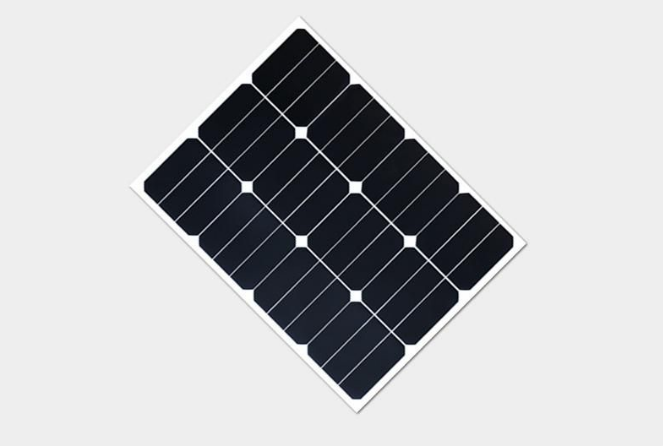With the rapid development of modern energy technology, people's awareness of renewable energy continues to improve, and the use of solar energy is gradually coming into the public eye. In the past ten years, asking passers-by on the street what solar energy is might be regarded as different, but now more and more solar derivative products are introduced into thousands of households, and the answer you will get when you ask them may be full of talking and reasonable. One of the features of solar applications is that they can be tailored to the environment. Thus how much electricity can a solar panel produce within a limit of one square meter in a day? There are solar pv cables and connectors.

In order to understand the amount of electricity generated by a square meter solar panel, it is necessary to take into account some major factors affecting its power generation efficiency, such as light angle, light intensity, regional location, weather conditions, pollution and so on. In order to avoid such situations, we can design a standard and carry out a theoretical calculation. At present, most solar panels use monocrystalline silicon and polysilicon, whose photoelectric conversion rate is no less than 15.5%-16%. Under excellent weather at noon in summer, the solar radiation energy of one square meter is about 1000W, and the average sunshine duration is about 6 hours.
A one-square-meter solar panel, under this standard condition, according to the solar panel power conversion formula (length × width × conversion rate ×0.1 = power) (unit is cm), can be obtained: 100×100×0.16×0.1 = 160W, 160W×6h = 960Wh = 0.96KWh is equal to 0.96kwh. However, there must be errors in the actual situation, which will be affected by various factors in reality. Let us take these influences into account and calculate with 75% conversion rate, then we can get 0.96× 75% = 0.72 KWH electricity.
All in all, taking various factors into account, a theoretical calculation suggests that a square meter of solar panels could generate around 0.72 degrees of electricity over the course of a day.